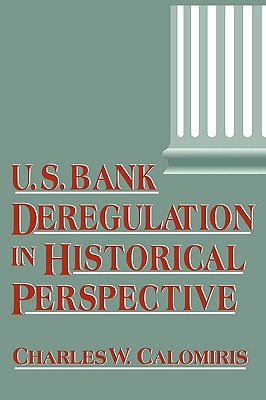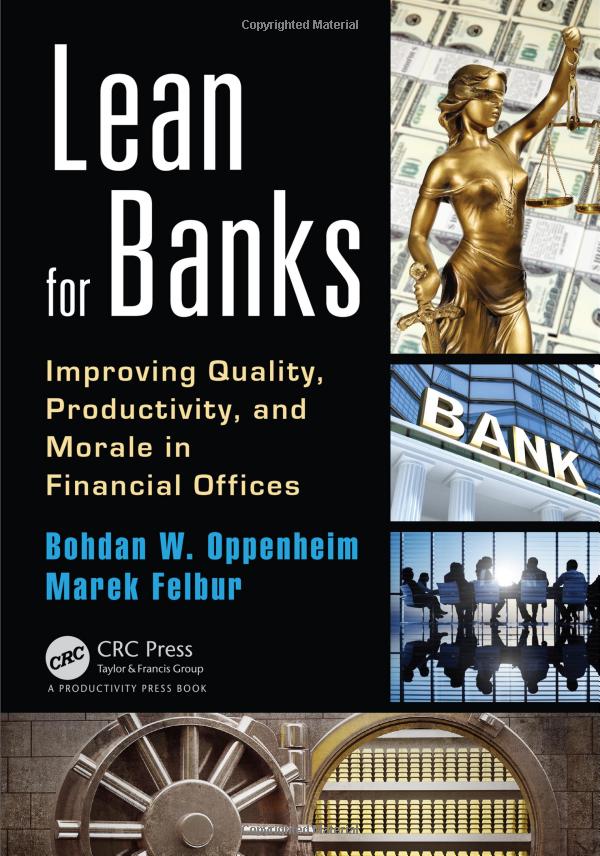Understanding Bankruptcy and Federal Student Loans: What You Need to Know
#### BankruptcyBankruptcy is a legal process that allows individuals or businesses to eliminate or repay their debts under the protection of the federal ban……
#### Bankruptcy
Bankruptcy is a legal process that allows individuals or businesses to eliminate or repay their debts under the protection of the federal bankruptcy court. It is often seen as a last resort for those who find themselves overwhelmed by financial obligations. When a person files for bankruptcy, they can either seek to liquidate their assets to pay off creditors (Chapter 7) or create a repayment plan to pay back their debts over time (Chapter 13). The implications of filing for bankruptcy can be significant, impacting credit scores and future borrowing capabilities.
#### Federal Student Loans
Federal student loans are loans provided by the government to help students pay for their education. These loans typically have lower interest rates and more flexible repayment options compared to private loans. There are several types of federal student loans, including Direct Subsidized Loans, Direct Unsubsidized Loans, and PLUS Loans. Importantly, federal student loans come with various borrower protections, such as deferment, forbearance, and income-driven repayment plans.
#### Bankruptcy and Federal Student Loans

One of the most common misconceptions about bankruptcy is that it can easily eliminate federal student loans. In reality, discharging federal student loans through bankruptcy is challenging. The law states that student loans can only be discharged if the borrower can prove "undue hardship." This typically involves demonstrating that repaying the loans would cause significant financial distress and that the situation is likely to persist.
To qualify for this discharge, borrowers often have to file an adversary proceeding in bankruptcy court, which is a separate lawsuit. This process can be complicated and requires substantial documentation, including proof of income, expenses, and efforts to repay the loans. The criteria for undue hardship can vary by jurisdiction, leading to inconsistencies in how cases are handled across different courts.
#### Alternatives to Bankruptcy for Federal Student Loans
Given the difficulty of discharging federal student loans through bankruptcy, many borrowers explore alternative options. One common approach is to enroll in an income-driven repayment plan, which adjusts monthly payments based on income and family size. After 20 to 25 years of qualifying payments, borrowers may have their remaining loan balance forgiven.

Additionally, borrowers facing financial hardship can apply for deferment or forbearance, which temporarily pauses payments without negatively affecting credit scores. However, it's essential to understand that interest may continue to accrue during these periods, potentially increasing the total loan amount.
#### The Impact of Bankruptcy on Federal Student Loans
Filing for bankruptcy does not automatically eliminate federal student loans, but it can impact the borrower's financial situation and ability to manage those loans. For example, while bankruptcy may relieve other debts, borrowers may still struggle with student loan payments. This can lead to a cycle of financial stress, especially if the loans are not manageable within the borrower's budget.
Moreover, declaring bankruptcy will affect a borrower's credit score, making it more difficult to secure loans or credit in the future. This can be particularly concerning for those who may need to borrow for other significant expenses, such as buying a home or starting a business.

#### Conclusion
In summary, while bankruptcy can provide relief from various debts, it is not a straightforward solution for federal student loans. Borrowers must navigate a complex legal landscape to determine if they qualify for a discharge based on undue hardship. It is crucial for individuals considering bankruptcy to consult with a knowledgeable attorney or financial advisor to explore all available options and understand the long-term implications of their decisions. Understanding the relationship between bankruptcy and federal student loans can empower borrowers to make informed choices about their financial futures.